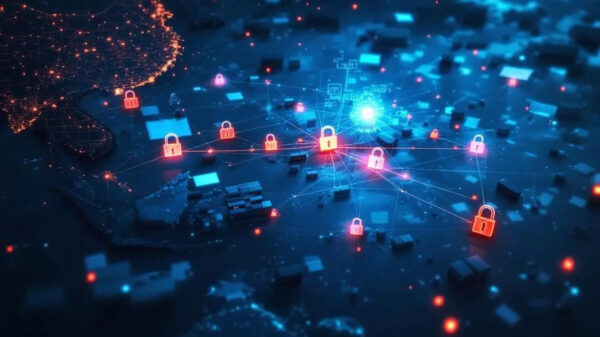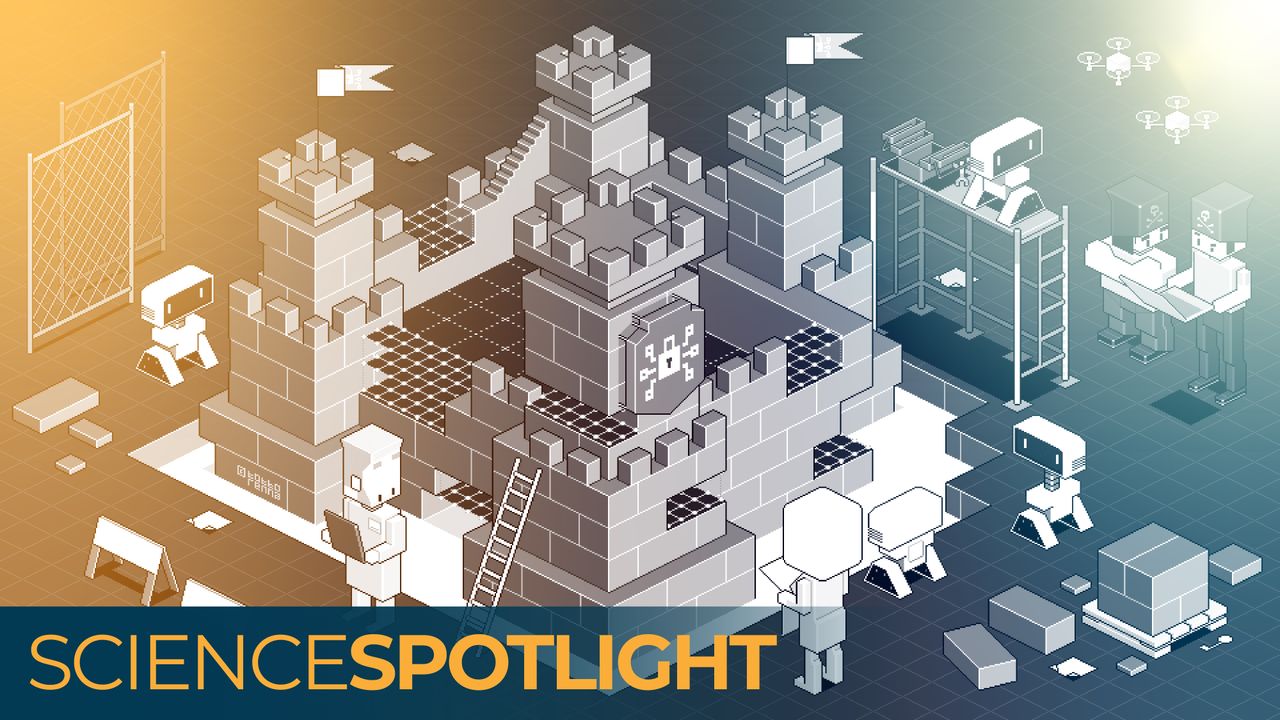Quantum computers are on the horizon, and their arrival is poised to revolutionize data protection. Unlike traditional computers, these advanced machines utilize quantum mechanics—specifically superposition and entanglement—to handle information in ways that surpass the binary system of 0s and 1s. This leap in computing capability could unlock solutions to intricate challenges, including the modeling of subatomic particles and optimizing complex logistical routes. However, the immense power of quantum computers also poses significant risks, potentially enabling cybercriminals to breach existing cryptographic defenses.
As Rebecca Krauthamer, a technological ethicist and CEO of cybersecurity firm QuSecure, noted, “Like many powerful technologies, you can use for great good, and you can also use it for malicious purposes.” With the prospect of quantum computing becoming a reality, researchers are urgently focused on developing cryptographic techniques capable of withstanding these new threats.
The realm of post-quantum cryptography is emerging as a critical field. Researchers are exploring various algorithms designed to safeguard data against quantum attacks, utilizing both modern mathematical approaches and time-tested methods that have existed for centuries. These algorithms are crafted to be resistant to the hacking capabilities of quantum computers, thereby ensuring data security even in an era dominated by quantum technology.
Historically, cryptography has evolved significantly, tracing back to ancient practices. Most contemporary systems rely on public key algorithms, which involve the complex task of factoring large prime numbers to create keys for data encryption and decryption. This method, while secure against classical computers, could be swiftly compromised by a quantum computer, which can perform such calculations exponentially faster.
As Michele Mosca, co-founder and CEO of evolutionQ, remarked, the existing cryptographic infrastructure is built upon outdated foundations. “It”s like a foundation for a three-story building, and then we built a 100-story skyscraper on it,” he stated, emphasizing the urgency of updating cryptographic measures to withstand potential quantum threats.
The National Institute of Standards and Technology (NIST) is currently assessing several mathematical problems as potential cornerstones for post-quantum cryptography. Among these, structured lattices—complex mathematical constructs that involve interconnected vectors—are believed to be particularly robust against quantum attacks. These lattice-based problems do not rely on large number factorization, making them more secure for future cryptographic applications.
Additionally, hash functions, which convert data into fixed-size codes, are also under consideration as they form a vital part of modern cybersecurity. Upgrading these algorithms to be quantum-resistant can be a more straightforward process compared to other post-quantum methodologies.
However, the search for quantum-safe cryptographic solutions is ongoing, and there will likely be no one-size-fits-all answer. Different algorithms may be needed for various applications based on the sensitivity of the data being protected. As Britta Hale, a computer scientist, highlighted, organizations should implement a range of protective measures to prepare for the evolving landscape of cybersecurity.
As experts continue to explore solutions, the urgency to address the implications of quantum computing on data security cannot be overstated. The potential for “harvest-now, decrypt-later” attacks—where malicious entities collect encrypted data with the intent to decrypt it once quantum computing becomes accessible—adds another layer of complexity to the challenge. Ensuring that sensitive information remains secure in the face of emerging quantum technologies is paramount for individuals and organizations alike.
In conclusion, while quantum computers promise remarkable advances, they also present formidable challenges to current cryptographic practices. The development of post-quantum cryptography is essential to safeguarding our data against the impending quantum threat, ensuring that the future of cybersecurity remains resilient.



























































